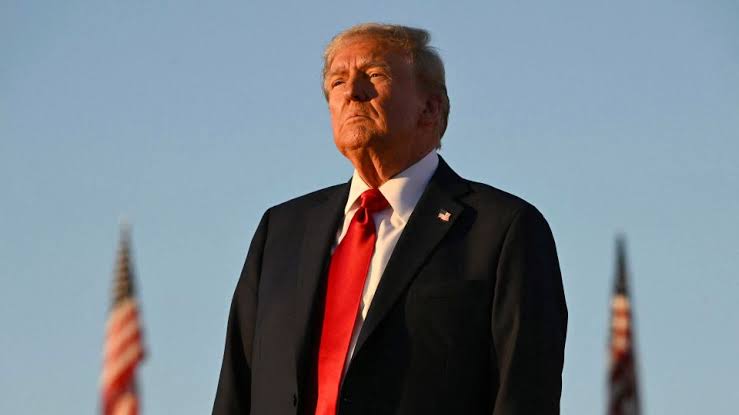
Former U.S. President Donald Trump’s proposed tax reforms and tariffs could have significant consequences for Nigeria’s economy, particularly its banking sector and foreign direct investment (FDI) landscape.
Trump’s plan to reduce the U.S. corporate tax rate from 21% to 15% has raised concerns among economists, as it could lead to a recurrence of the economic repercussions observed following the passage of the 2017 Tax Cuts and Jobs Act.
That reform prompted many U.S. companies to repatriate a substantial amount of capital, totaling $777 billion. As a result, Nigeria’s FDI dropped sharply from $4.65 billion in 2017 to just $2.23 billion in 2018.
According to Business Day, the combination of tax cuts and increased tariffs poses a dual threat to Nigeria’s economy, particularly sectors such as oil and agriculture, which are heavily dependent on global trade and foreign investment. These industries could face disruptions as U.S. policy changes influence international financial flows.
Nigeria’s banking sector is already under strain due to ongoing liquidity challenges, and experts warn that it could face even greater difficulties with reduced foreign capital inflows and increased financial risks. However, some analysts believe that Nigerian banks may still find ways to adapt and thrive in this changing economic environment.
Abayomi Fashina, a finance and tax expert, pointed out that Nigerian banks can overcome these challenges by offering more diversified financial products and leveraging Africa’s growing importance in the global financial landscape. He emphasized that the key to success for these banks will lie in their ability to remain agile, manage risk effectively, and seize the opportunities that arise from the shifting policies.
Fashina further argued that Nigerian banks have the potential to play a pivotal role in the global economic shift, particularly by positioning themselves to meet the needs of U.S. firms looking to diversify their investments. By offering tax-efficient products and building a strong risk management framework, Nigerian banks could not only mitigate the risks posed by these policy changes but also capitalize on the emerging opportunities in Africa’s expanding financial sector.
In conclusion, while Trump’s tax reforms and tariffs present challenges, Nigerian banks that are proactive in adapting to these changes could become critical players in the evolving global financial landscape. By leveraging emerging trends and aligning with Africa’s increasing economic significance, Nigerian financial institutions can continue to thrive amidst global shifts.





